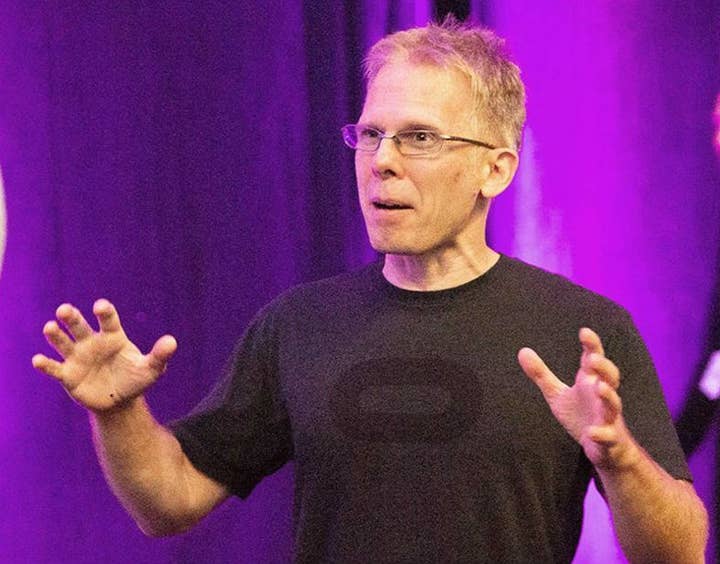Oculus to be "more Microsoft than Apple" on VR software preservation
Oculus CTO John Carmack lamented that "every program I ever wrote for iOS is lost to the ages now"
Oculus VR wants to buck an industry trend and keep preservation of software in mind, despite the technological progress of its hardware.
During his keynote at Oculus Connect, CTO John Carmack addressed the issue of software preservation, which has not always been a high priority for companies creating new platforms.
"I do care about preservation and archiving," Carmack said, as quoted by Gamasutra. "I'd like us to be more like Microsoft than Apple in this regard, where every program I ever wrote for iOS is lost to the ages now since Apple disabled 32-bit support.
"I don't want that to happen to the earliest VR apps. I want it to be possible to have a retro VR scene 20 years from now with people going and trying the first consumer mobile VR apps."
Carmack was referring to the introduction of iOS 11, which ended support for 32-bit apps and effectively wiped away a large swathe of mobile gaming's history. Former TouchArcade editor-in-chief Eli Hodapp addressed the effects of Apple's decision in an opinion piece for GamesIndustry.biz earlier this year.
"Many of the best games ever released on the App Store now only exist in reviews or YouTube videos we published," he wrote. "These games are effectively lost forever."
In his keynote, Carmack pointed to Oculus' effort to bring Oculus Go apps over to the Quest -- an idea he hopes will apply to the entire Oculus software library. The VR company also announced Oculus Link, which will allow Quest users to play the Rift library by tethering to a PC with a USB cable.









